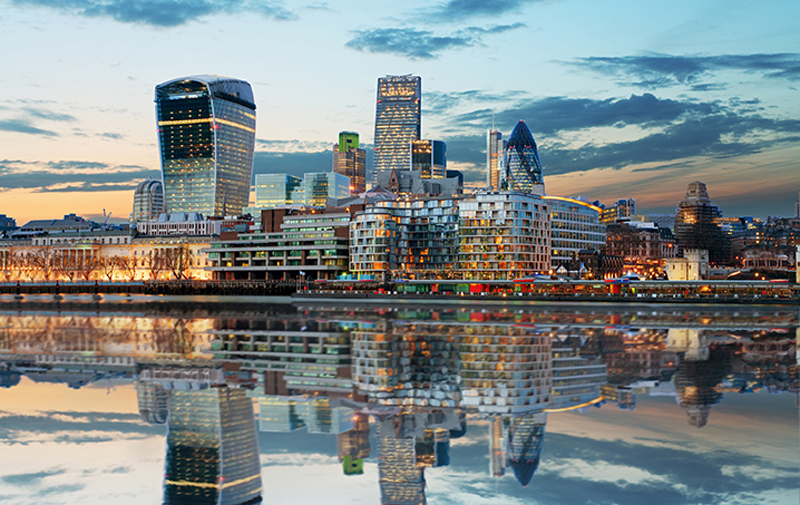 Author: Mark Yeandle, Associate Director, Z/Yen Group Limited
Author: Mark Yeandle, Associate Director, Z/Yen Group Limited
Editor’s Note: At the China Industrial Finance Forum 2017 on November 17 in Jinan held by CDI, Mr. Mark Yeandle shared his views on the experience of London financial centre. Here are excerpts from his speech:
Firstly, was the city of London constructed or did it grow? What keeps it as an important center? Secondly, is there any lesson we can learn from the development of Canary Wharf from scratch? Thirdly, if there is any lesson for China’s financial centres?
London was not planned as a financial centre. It developed as a trading centre of a very successful empire. The British people always had a long history of international trading. Then we had the industrial revolution and the building of financing as an industry which had a massive impact on the country. It became a very logical sequence if you carry on building financial centres. Big bang in 1980s was a deregulation of financial services which freed up the market and allowed the UK and London in particular to grow and thrive. The invention of modern finance, the industrial revolution and the Big Bang are the three great steps of innovation.
Obviously, London is a big city in terms of the size and population. Interestingly, long-term decline of sterling actually helped Britain more international. Investment managers could make good returns in investing purely in UK instruments simply because the value of sterling was dropping. Constant innovation, the development of institutions over the years, being one important centre in the European time zone which enables London to speak to Asia and America in the same working day, English language, skilled people, general reputation of trustworthiness, all sort of things all helped London develop.
Why does London stay on top? Time zone and English language are still important. Liquidities of market are now so strong. London has become a leading centre for stocks, shares, bonds, foreign exchanges, derivatives, insurance, etc. It got all the intuitions like the Lloyds insurance market and the Baltic Exchange. Innovation, like Fintech, also helps London stay on top.
How on earth did Canary Wharf come about? It is now a leading financial area and 30 years ago it was still part of the London Docklands. The London Docklands actually died in the earlier part of this century. Thames were tidal so you always got ships up and down. The harbours basically died because long ships were just too big and deep for the city. So, we ended up with Canary Wharf as an industrial wasteland very close to the City of London. The City of London is one square mile and it is just contained within the old Roman Walls, so it is very limited in space. The old financial development tried to take place there but there was simply not enough room in the City. The buildings were very old and unsuitable and quality of office environment in London was poor. So, the Docklands development organizations went to the City of London and asked: “are you happy with your office premises or do you see the need to do something dramatic?” The answer is that we have to do something dramatic.
Canary Wharf was not planned. It was there because it was demand. I have been to many financial centres where premises have been built early in the process. They have very lovely glass towers, very shining and impressive. Unless you plan early on how to fill them, they will become embarrassment when you leave them empty there. Canary Wharf was filled basically before it was built, because there was so much demand there. The development worked very closely with London about transport links because Canary Wharf is still far away from the City. They spent huge amount of money on transport, like Jubilee Line, City Airport, Docklands Light Railway, London River Services and Helipad.
What perhaps China’s financial centres can learn from this? Building a financial centre, you start with business environment and sufficient infrastructure. Only when you get those two things, skilled people want to move in and financial sectors begin to develop here. Eventually, it will lead to the reputation as a strong financial centre. The generalities of financial centres also give some advice. You cannot be an international centre without international people. Successful people want to live in successful cities. People want to live in cosmopolitan places and gravitate to cluster of their industries. Reputation of the centre is vital because it takes 20 years to build a reputation and five minutes to ruin it. Trust is the glue that holds all relationships together. People will not come to and invest in the city, unless they trust that they will be treated fairly no matter where they come from.








